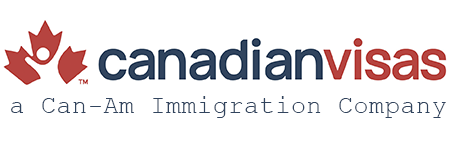Currently, families immigrating to Canada under an economic, family, or refugee/humanitarian program are able to include their dependent children on their applications, as long as the child is under 19 years of age and not married or in a common-law relationship. Prior to August 2014, dependent children aged 21 and under were eligible to be included in their parents’ application for permanent residence. Now, Immigration, Refugees and Citizenship Canada (IRCC) has made the decision to return to the previous definition of dependent child. Beginning Oct. 24, 2017, applicants will be able to include dependent children who are under 22 years of age in their application for permanent residence.
The purpose of this change is to help families stay together through the immigration process. According to IRCC data, adult children often remain dependent on their parents for both financial and emotional support as they work on gaining an education and work experience of their own. By keeping families together, Canada is helping these young adults to gain valuable experience through post-secondary education without the added burden of being independent or being away from their families. These young adults may not be eligible to apply for permanent or even temporary status on their own merits. Thus, allowing them to be included in their parents’ applications will make the transition easier on the entire family. In many cases, these young adults help their family by watching younger children, thus allowing their parents to work. They may also help the family by working themselves. Thus, keeping families together is beneficial for the entire community. By making this change, Canada holds true to its promise of reuniting families and keeping them together.
Children who are unable to financially support themselves due to a physical or mental illness can also be included in their parents’ permanent residence applications, regardless of age.
For more information about Canada’s many immigration options, click here.
If you have any questions about this change or any other inquiries, contact us to speak with an immigration consultant.
To determine your eligibility for permanent residence, take our free online assessment.





0 Comments